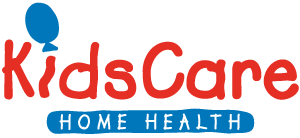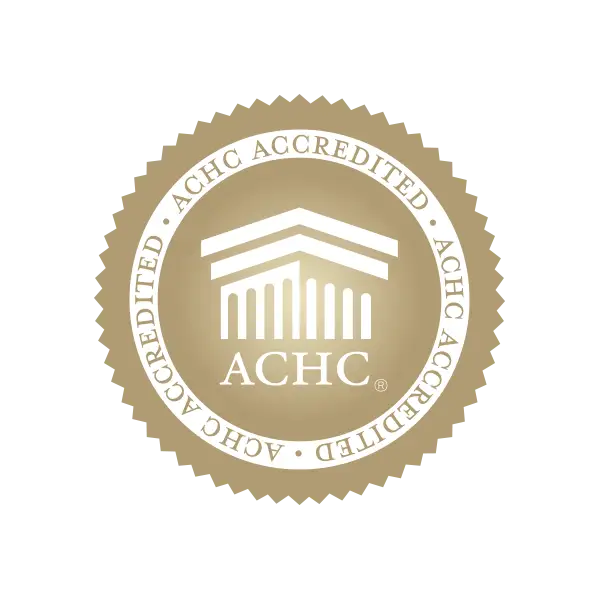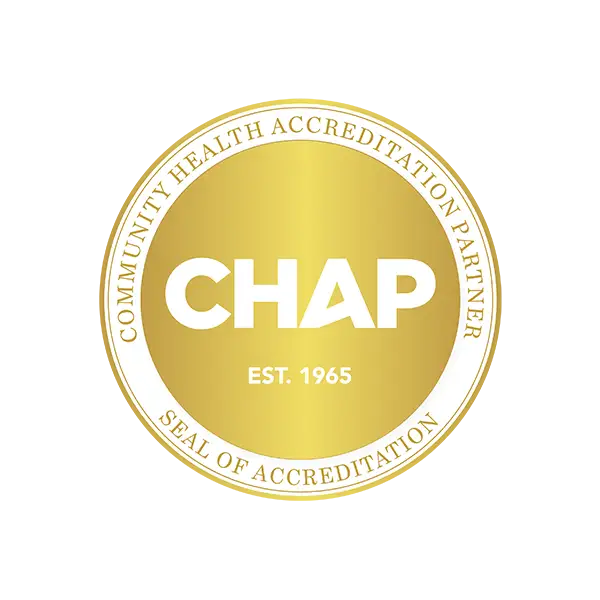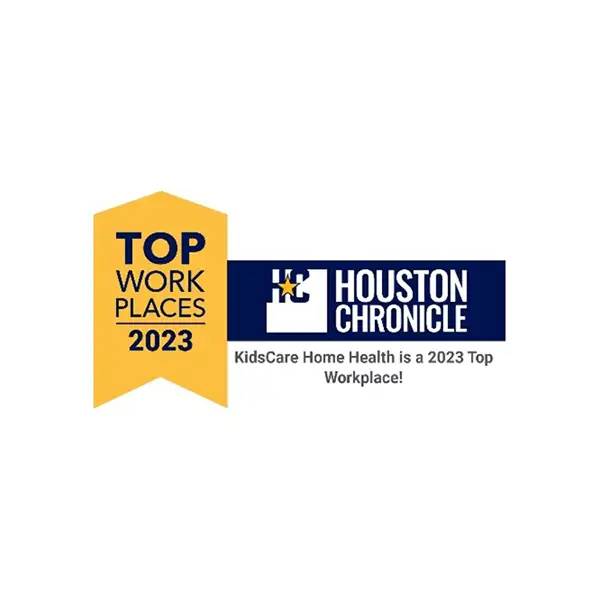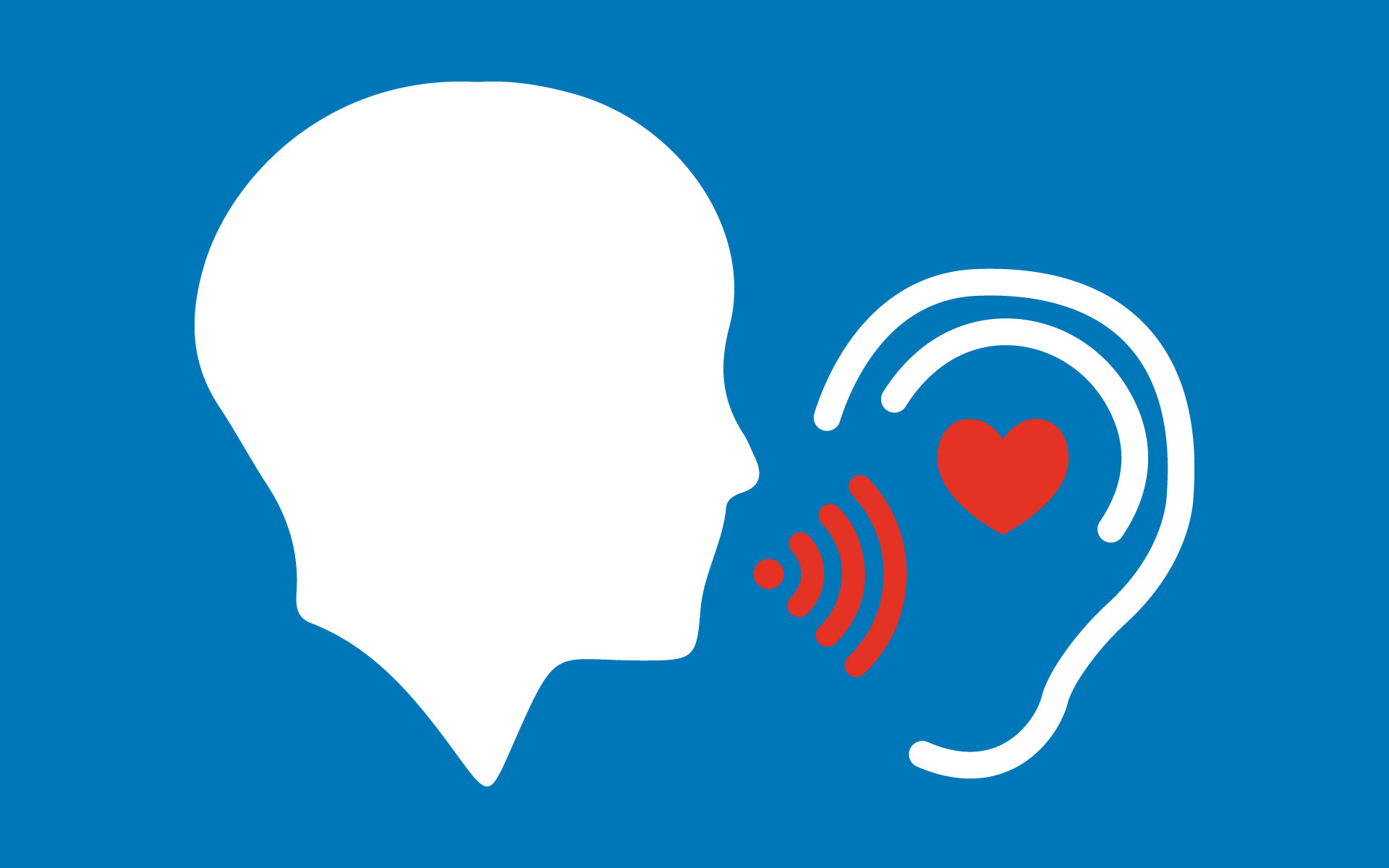
May is Better Speech and Hearing Month, which spotlights speech and hearing issues and the importance of understanding problems with communication. Around five percent of the world experiences hearing loss, and another five experiences speech problems. Therefore, raising much-needed awareness around communication issues helps normalize disorders while also educating others on the significance of prevention and having their hearing checked.
This year’s May Better Speech and Hearing Month theme is Building a Strong Foundation. So, today’s post explores the history and importance of Better Speech and Hearing Month to learn how we can become better advocates for recognizing and supporting communication issues, including encouraging early detection and treatment, especially in children.
History of Better Speech and Language Month
The American Speech-Language-Hearing Association (ASHA), America’s leading organization for speech-language pathologists, audiologists, and speech/language/hearing scientists, evolved almost a century ago. Since then, they have been the leader of these professions, including the developers of the national standards for audiologist and speech-language pathologist certification (created in 1952).
To support their mission, education, and awareness for speech and audio communication disorders, ASHA designated May as Better Speech and Hearing Month in 1927. They have held this month-long advocacy spotlight for the last nine decades and helped countless people of all ages seek and find life-altering treatments by simply bringing speech and hearing disorder awareness to light.
Why is Better Speech and Hearing Month Important?

Speech and hearing disorders are not a 20th-century phenomenon, as mention of these communication disorders has been chronicled for centuries. Unfortunately, some writings described incidents of prejudice prompted by a lack of acceptance of communication differences or struggles. For example, people with language impairments like stuttering were placed in cages for entertainment purposes during the period of the Roman Empire, so passersby could throw coins into the cage to get these people to talk.
Stories like this highlight the significance of raising awareness for communication problems such as an inability to hear properly or to speak effectively – especially since hearing loss can often go undetected when not adequately checked.
During Speech and Hearing Awareness Month, we also observe SLP Appreciation Day or National Speech Pathologist Day on May 18. This is a fantastic time to learn more about a speech pathologist’s role in helping people with hearing and speech disabilities improve their quality of life and share information with others. It will also prepare you for National Protect Your Hearing Month in October – another SLP month and opportunity to advocate for hearing loss awareness.
Facts About Better Speech and Hearing Month
Better understanding is born from education, so let’s review some relevant facts to help spotlight the importance of better speech and hearing advocacy – especially since noise is now being acknowledged by the WHO (World Health Organization) as a public health issue and a top environmental risk faced by the world today.
First, speech and hearing loss affects a lot of people. We mentioned the worldwide percentages earlier, but the American numbers are high – around 48 million are affected by hearing loss, the Center for Hearing and Communication (CHC) estimates. Also, teens are vulnerable to hearing loss. A 2017 JAMA Otolaryngology-Head & Neck Surgery study shows that around 13 to 18% of U.S. teens exhibit signs of noise-induced hearing loss.
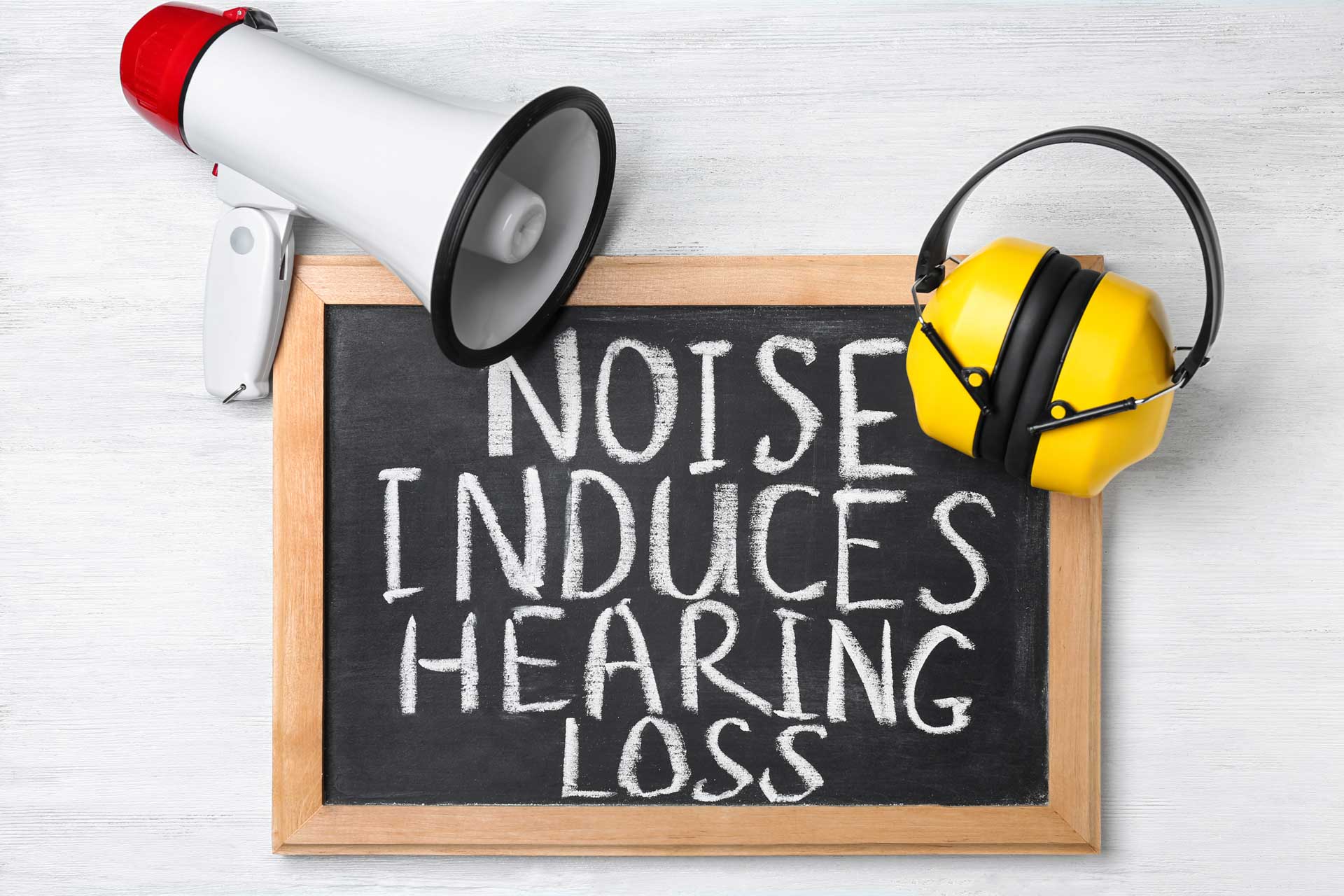
However, noise affects adults, too. Data shows that tens of millions of U.S. adults between 20 to 69 years of age likely have hearing loss due to noise exposure – with almost 42% of 50-year-olds experiencing hearing loss, which increases to 71% for adults over 70.
How to Observe Better Speech and Hearing Month?
So, let’s review what we’ve learned so far. First, when is speech therapy month, i.e., Better Speech and Hearing Month? May! And why is it important? Because a significant number of people in America and worldwide have hearing loss – and many may not know it. Therefore, this month of education and advocacy aims to raise awareness around speech and hearing problems while encouraging people to check their speech and hearing and seek help if there is a problem.
There are many ways to help raise awareness during May Better Speech and Hearing Month, and we’ve provided a few suggestions below to get you started.
Adopt better habits.
Making simple changes can help improve hearing – like avoiding too much noise by lowering the volume on your earphones, wearing hearing protectors, or planting a tree as a noise buffer. For speech clarity improvement, speak to yourself in the mirror or repeat tongue twisters.
Educate through social media and online content.
Sharing educational information helps encourage open conversations about hearing and speech problems, which helps raise awareness and understanding. Join ASHA and other organizations in dedicating this month to re-sharing informational content like infographics and videos on your social media accounts, websites, and blogs. Sharing this blog is a great way to start!
Share personal stories.
If you or a loved one have experience with speech or hearing loss, share it with others to help raise awareness. Sharing a story not only helps people understand – but may also encourage others to seek help if experiencing something similar.
As providers of pediatric speech/language therapy, we experience first-hand how speech therapy helps children comprehend, communicate, and socialize effectively in their home and community environments. If you have any questions about pediatric speech or hearing impairments, please contact us for more information.
